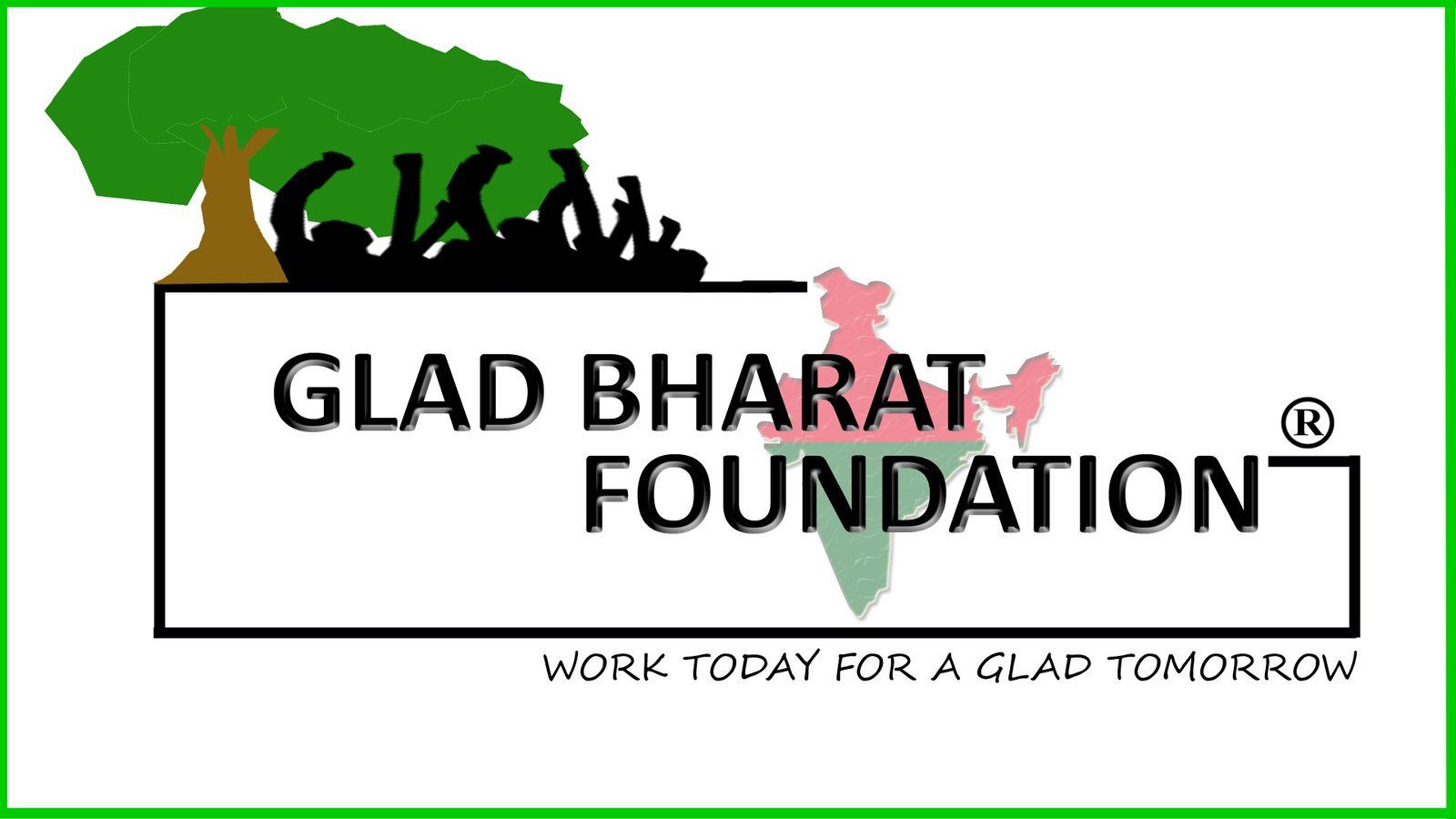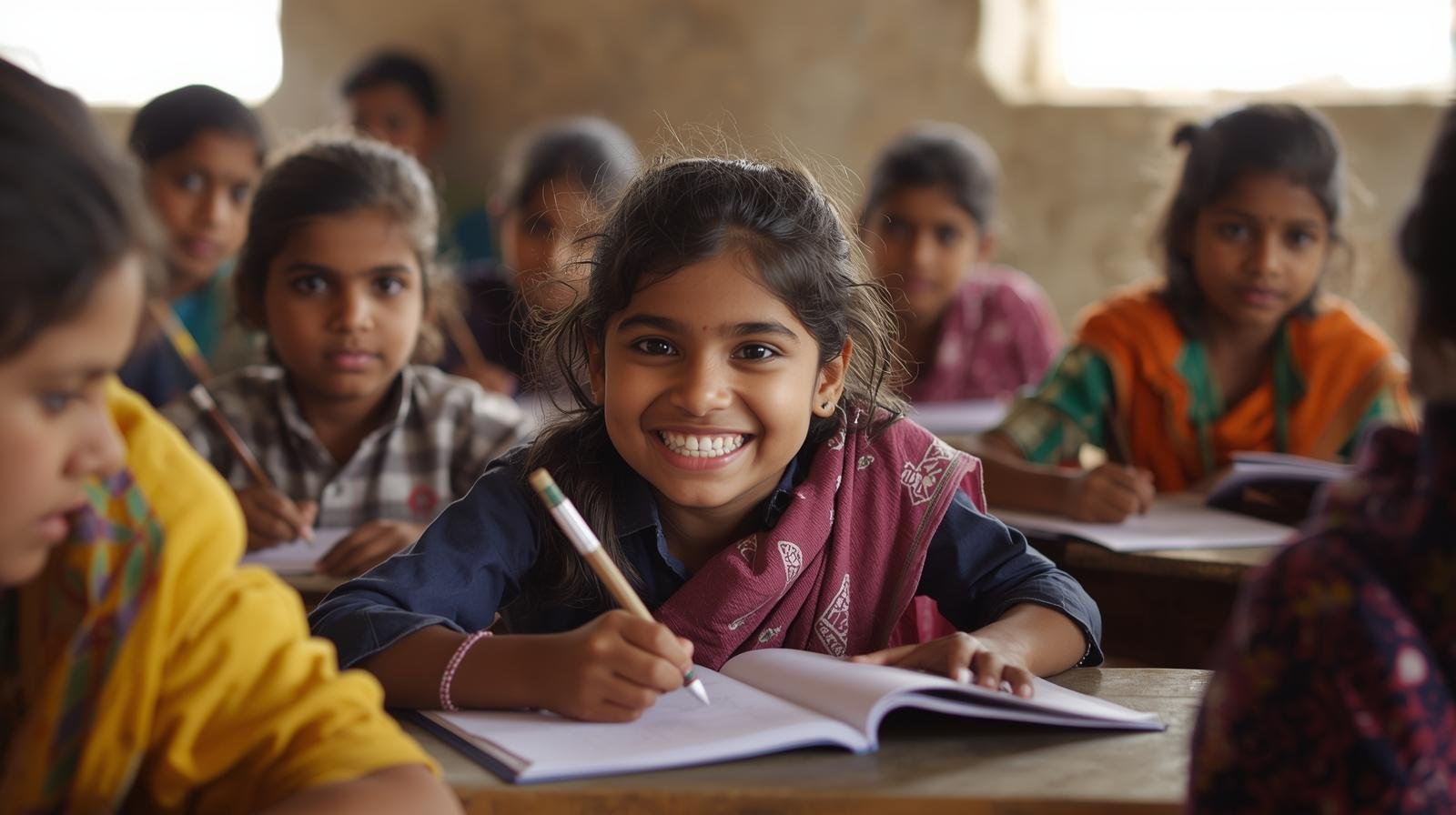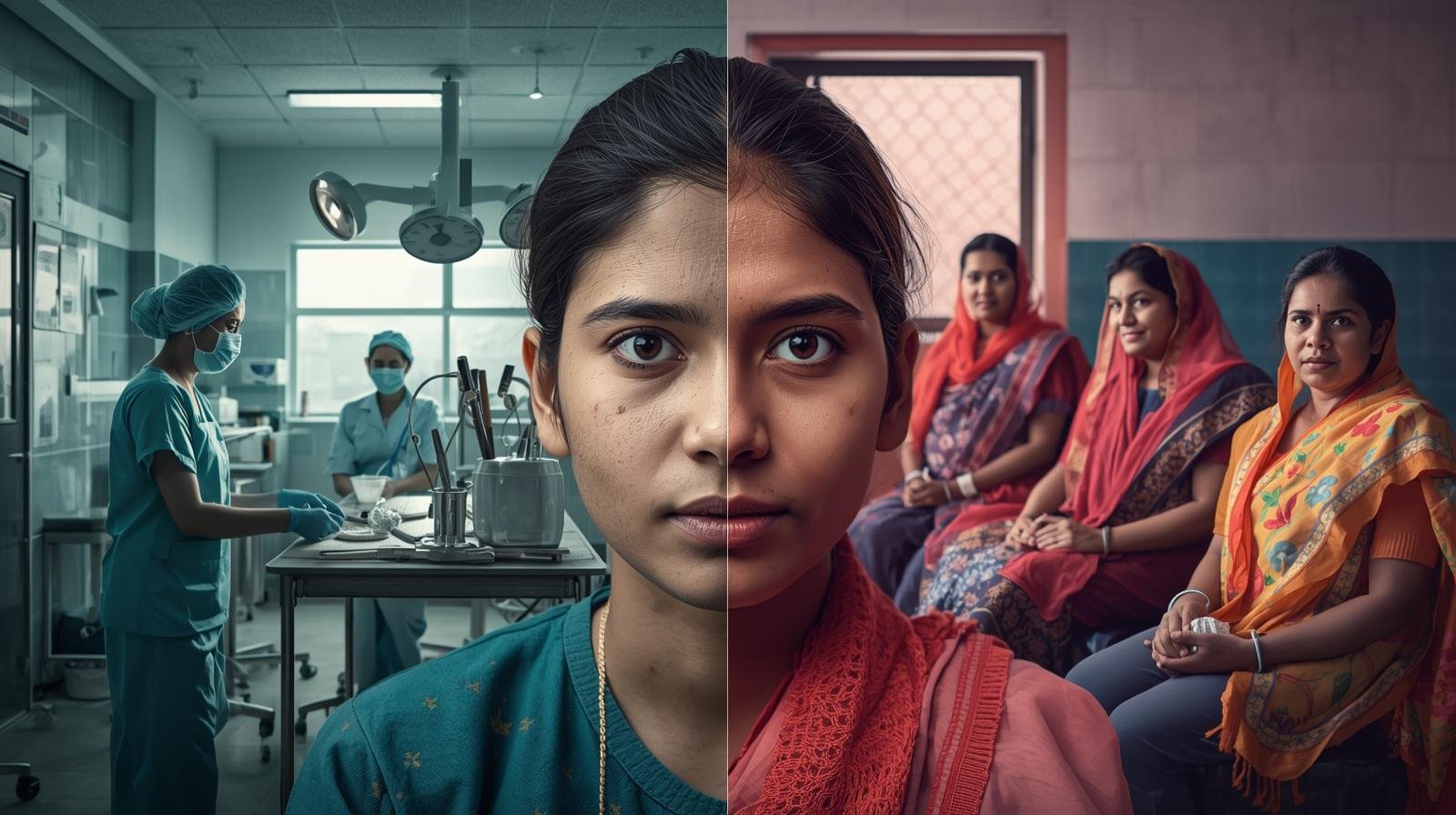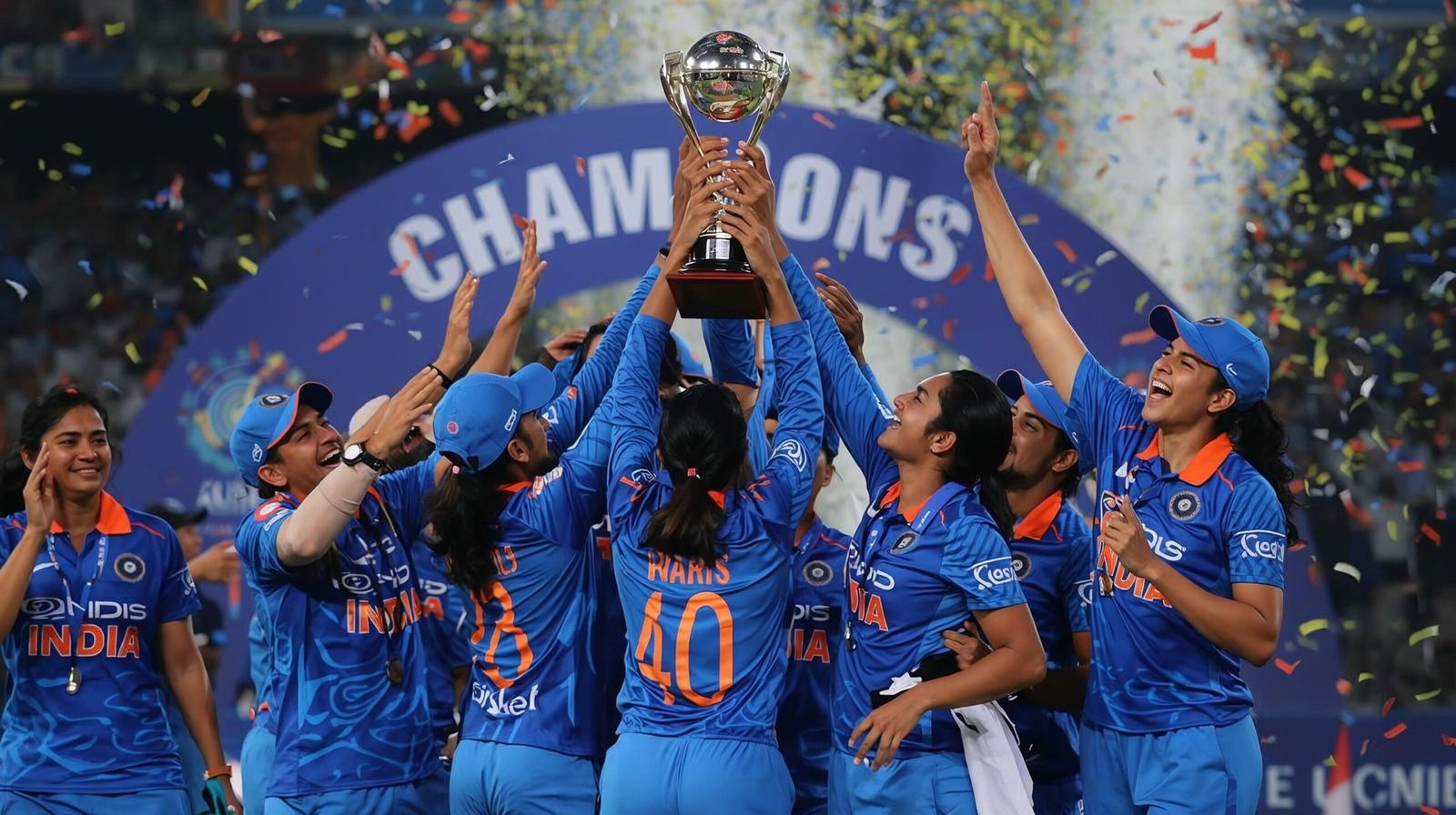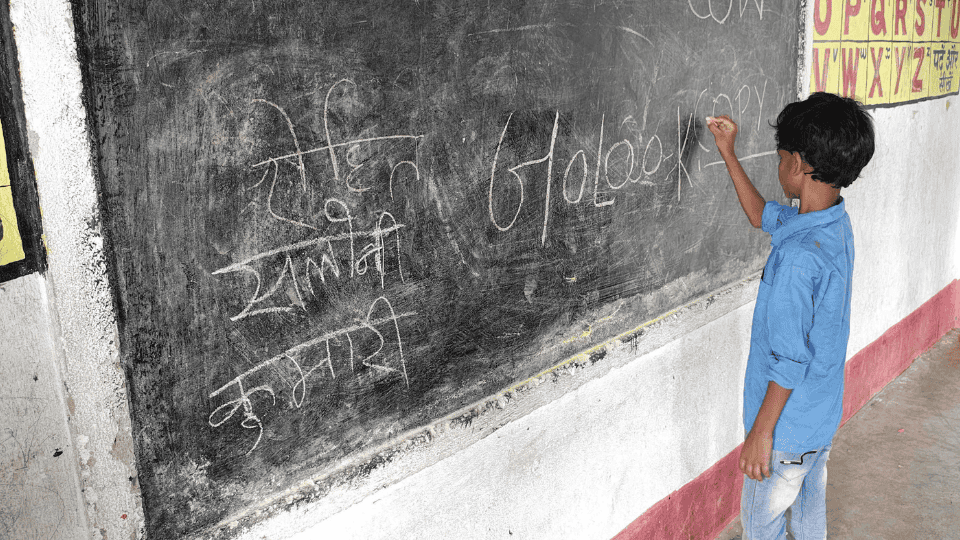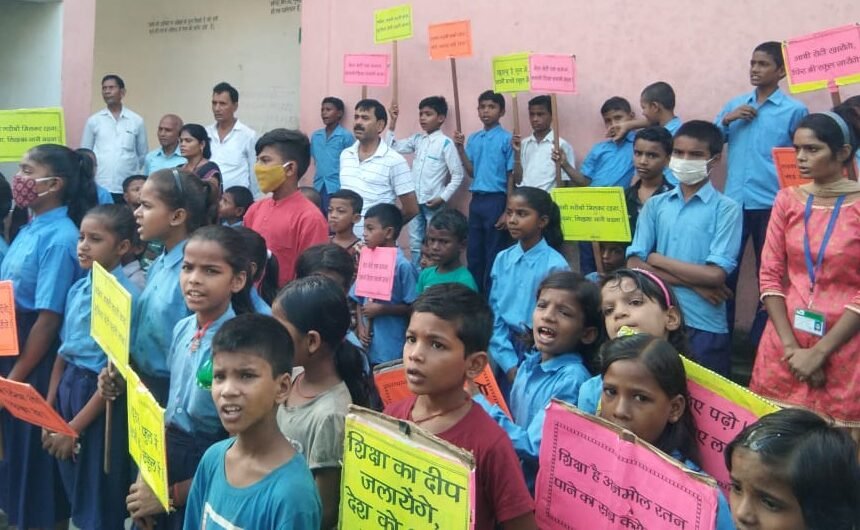A Nation Advancing in Healthcare
India has made remarkable strides in health care in recent years. Under the Ayushman Bharat Pradhan Mantri Jan Arogya Yojana (AB-PMJAY), millions of lower-income families now have access to free hospitalisation cover up to ₹5 lakh per family. On World Health Day 2025, India proudly announced over 1.76 lakh health-and-wellness centres catering to rural populations, plus major disease-elimination achievements such as a 69% drop in malaria cases since 2017. These are powerful indicators of progress: better diagnostics, more treatments, wider access.
Yet, behind this success story lies a painful contrast — millions of women and girls still lack access to basic menstrual hygiene products, particularly in rural states like Bihar.
The Hidden Crisis: Menstrual Inequality
While healthcare facilities expand, menstrual hygiene remains a neglected issue. In Bihar, the disparity is sharp. According to a UNICEF-backed report, only about 42% of women aged 15–19 in the state use sanitary napkins, and among rural women, that number drops to just 38%.
Source: Patna Press – UNICEF Report on Menstrual Hygiene in Bihar
Furthermore, a recent analysis revealed that out of nearly 40,000 government schools in Bihar, only 350 have facilities to provide sanitary pads, leaving most adolescent girls without proper access.
Source: Free Press Journal Report
In certain tribal regions of Madhya Pradesh, up to 25-27% of women cited high cost of sanitary pads as the main reason for not using them, and 10% cited “unavailability in local market” as reason. jchm.in
In Rajasthan’s Dausa district, the situation is even more acute: women say that free pad supplies under a government scheme (“Udaan”) stopped in August 2024. As one young girl said, “My daughter … doesn’t go to school once she starts her period.” India Today
This shows that despite large-scale health outreach, the daily realities of women in remote villages remain deeply unequal.
A Real Story from Purnia: Missing School Due to Periods
In Dhurvapur village, Purnia district, a Class 10 student named Neeta Kumari shared in an interview with India Times that she often misses school during her periods because her school lacks pad vending machines and proper disposal facilities.
India Times Report: “In Bihar, Menstrual Hygiene Still an Obstacle for Girls to Attend School” (2023)
Neeta’s story represents thousands of girls in Bihar who face similar barriers — not due to a lack of will to study, but because of a lack of menstrual infrastructure in schools.
The Gender Gap in Health and Dignity
The contrast is sharp: while India expands hospitals and health insurance, gender-sensitive health access — especially menstrual dignity — remains overlooked. Poor menstrual hygiene management not only affects women’s health but also fuels absenteeism, dropouts, and stigma.
Experts argue that menstrual health is not merely a “women’s issue” — it’s a public health, gender equality, and human rights concern.
Towards True Development: Dignity, Equality, and Access
For India’s progress to be truly inclusive, healthcare policy must move beyond hospitals to include menstrual health education and access — especially in rural Bihar.
Community initiatives like Pad-ATM by Glad Bharat Foundation, which provides free or low-cost sanitary pads through community distribution models, are redefining menstrual dignity at the grassroots. These local solutions demonstrate how small, consistent interventions can transform lives and reduce gender-based health inequality.
When every girl can attend school confidently, unafraid of her natural cycle, India’s development becomes whole — healthy in body, equal in opportunity, and dignified in spirit.
📚 References
- Patna Press – UNICEF Report on Menstrual Hygiene in Bihar
- Free Press Journal – Bihar Schools Lack Sanitary Pad Facilities (2024)
- India Times – Menstrual Hygiene Still an Obstacle for Girls in Bihar (2023)
- National Health Mission – Government of India
- Pad-Atm by Glad Bharat Foundation
